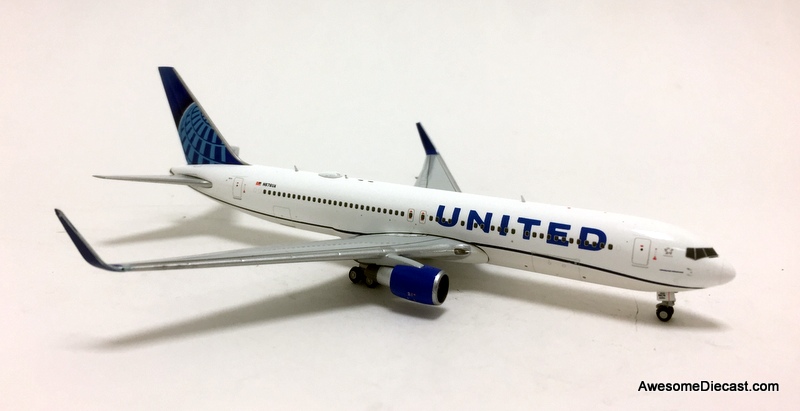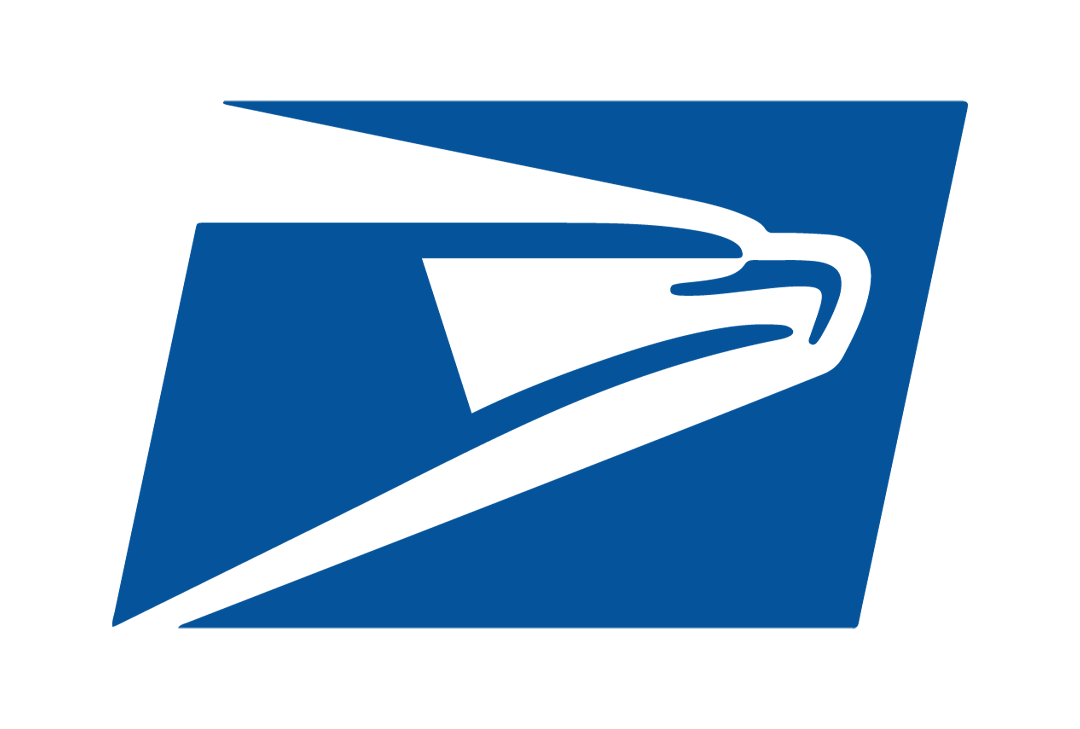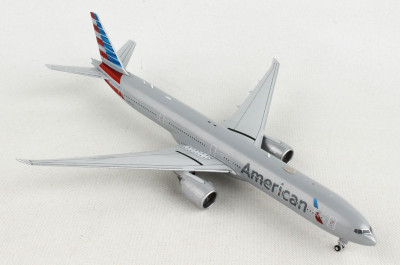Gemini Jets
Gemini Jets 1:400 Boeing 767-300ER: United Airlines

Gemini Jets 1:400 Boeing 767-300ER: United Airlines
$64.26
The Boeing 767 is a wide-body airliner developed and manufactured by Boeing Commercial Airplanes. The airliner was launched as the 7X7 project on July 14, 1978, the prototype first flew on September 26, 1981, and it was certified on July 30, 1982. The original 767-200 entered service on September 8 with United Airlines, and the extended-range 767-200ER in 1984. It was stretched into the 767-300 in October 1986, followed by the 767-300ER in 1988, the most popular variant. The 767-300F, a production freighter version, debuted in October 1995. It was stretched again into the 767-400ER from September 2000.
To complement the larger 747, it has a seven-abreast cross-section, accommodating smaller LD2 ULD cargo containers. The 767 is Boeing's first wide-body twinjet, powered by General Electric CF6, Rolls-Royce RB211, or Pratt & Whitney JT9D turbofans. JT9D engines were eventually replaced by PW4000 engines. The aircraft has a conventional tail and a supercritical wing for reduced aerodynamic drag. Its two-crew glass cockpit, a first for a Boeing airliner, was developed jointly for the 757 − a narrow-body aircraft, allowing a common pilot type rating. Studies for a higher-capacity 767 in 1986 led Boeing to develop the larger 777 twinjet, introduced in June 1995.
The 159-foot-long (48.5 m) 767-200 typically seats 216 passengers over 3,900 nmi (7,200 km), while the 767-200ER seats 181 over a 6,590 nautical miles (12,200 km) range. The 180-foot-long (54.9 m) 767-300 typically seats 269 passengers over 3,900 nmi (7,200 km), while the 767-300ER seats 218 over 5,980 nmi (11,070 km). The 767-300F can haul 116,000 lb (52.7 t) over 3,225 nmi (6,025 km), and the 201.3-foot-long (61.37 m) 767-400ER typically seats 245 passengers over 5,625 nmi (10,415 km). Military derivatives include the E-767 for surveillance, the KC-767 and KC-46 aerial tankers. Passenger 767-200s and 767-300s have been converted for cargo use.
The 767-300ER, the extended-range version of the 767-300, entered service with American Airlines in 1988. The type's increased range was made possible by greater fuel tankage and a higher MTOW of 407,000 lb (185,000 kg). Design improvements allowed the available MTOW to increase to 412,000 lb (187,000 kg) by 1993. Power is provided by Pratt & Whitney PW4000, General Electric CF6, or Rolls-Royce RB211 engines. the 767-300ER comes in three exit configurations: the baseline configuration has four main cabin doors and four over-wing window exits, the second configuration has six main cabin doors and two over-wing window exits; and the third configuration has six main cabin doors, as well as two smaller doors that are located behind the wings. Typical routes for the type include Los Angeles to Frankfurt. The combination of increased capacity and range offered by the 767-300ER has been particularly attractive to both new and existing 767 operators. It is the most successful version of the aircraft, with more orders placed than all other variants combined. As of November 2017, 767-300ER deliveries stand at 583 with no unfilled orders. There were 376 examples in service as of July 2018. The type's main competitor is the Airbus A330-200.
At its 1990s peak, a new 767-300ER was valued at $85 million, dipping to around $12 million in 2018 for a 1996 build.
United Airlines, Inc. (commonly referred to as United) is a major American airline headquartered at Willis Tower in Chicago, Illinois. United operates a large domestic and international route network spanning cities large and small across the United States and all six continents. Measured by fleet size and the number of routes, it is the third largest airline in the world. It is a founding member of the Star Alliance, the world's largest airline alliance with a total of 28 member airlines. Regional service is operated by independent carriers under the brand name United Express. United was established by the amalgamation of several airlines in the late 1920s, the oldest of these being Varney Air Lines, which was founded in 1926.
United has eight hubs, with Chicago–O'Hare being its largest in terms of passengers carried and the number of departures.
















